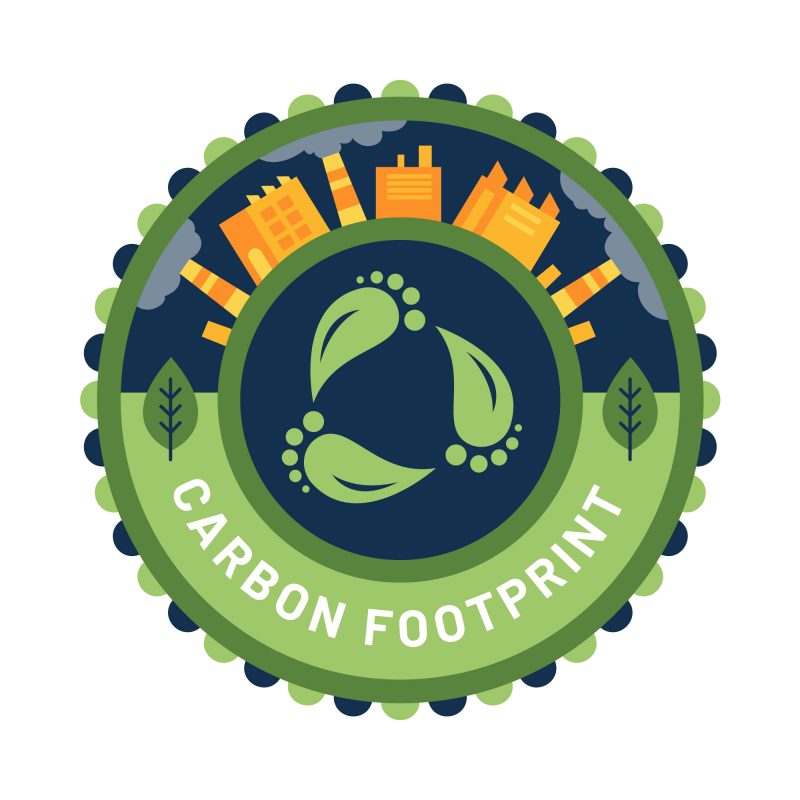
Through support from Deutsche Gesellschaft für Internationale Zusammenarbeit GmbH (GIZ) and Ethical Tea Partnership (ETP), Strathmore Energy Research Center (SERC) was contracted to provide a carbon footprint estimate for tea produced in about 67 tea factories. Following greenhouse emissions (GHG) Protocol guidelines from the World Resources Institute and ISO standards (14040, 14044, 14046), SERC developed the Microsoft Excel based carbon footprint accounting tool that allows for additional exploration of tea factories, region-wide, or factory-specific results and can be updated annually by staff from the tea factories. GHG emissions varied considerably by factory. The project was closely linked to SDG 13 which is to combat climate change and its impacts including reduction of GHG emissions.
The surveyed factories’ median carbon footprint equalled 1.4 kg CO2e/kg mad-tea. GHG emission results were driven by fertilizer use. The emissions from fertilizer production and use were responsible for over 75% of total GHG emissions. On average, only 12 % of GHG emissions occur at the production level; less than 5% of GHG emissions occur during transport of green tea, made tea, fertilizer, wood, or staff. GHG emissions associated with the production and transmission of electricity for the factories, administration, and warehouse constitute around 7% of total GHG emissions.
To help reduce overall GHG emissions in the surveyed tea factories, the project recommended that KTDA (1) reduce fertilizer consumption or (2) switch to fertilizers that depend on less energy-intensive production processes.
This project is funded by Deutsche Gesellschaft für Internationale Zusammenarbeit GmbH (GIZ) and it is led by Dr. Thomas Buchholz.
This article was written by Victor Otieno, Researcher, https://www.linkedin.com/in/victor-otieno-559b10a2/

